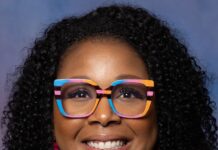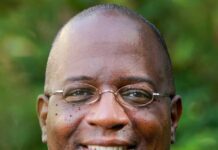 It is usually an uphill climb to get African Americans to participate in medical studies. About half of all Americans living with HIV/AIDS are Black. But only 30 percent of those enrolled in HIV/AIDS medical studies are African Americans.
It is usually an uphill climb to get African Americans to participate in medical studies. About half of all Americans living with HIV/AIDS are Black. But only 30 percent of those enrolled in HIV/AIDS medical studies are African Americans.
But a new intervention designed by researchers at the New York University College of Nursing has been successful in increasing the number of African Americans with HIV/AIDS who enroll in medical studies. The program uses a peer-driven recruitment and education program that focuses on the problem of disproportionate involvement of African Americans in medical studies. Participants were notified about 30 medical studies being conducted in the New York area and were given help navigating the screening and enrollment process. The results showed that 90 percent of the African Americans who were involved in the intervention and were deemed eligible to the medical studies decided to enroll. A control group that did not participate in the intervention and were not helped navigating the screening and enrollment process, showed a zero percent enrollment rate.
“The issue of under-representation of these racial/ethnic groups is well known, but it’s a complex problem and not that easy to change,” said Marya Gwadz, a senior research scientist at the NYU College of Nursing and lead author of the study. “Our study is the first to have tested social/behavioral intervention strategies to reduce barriers to HIV medical studies for these under-represented populations.”











